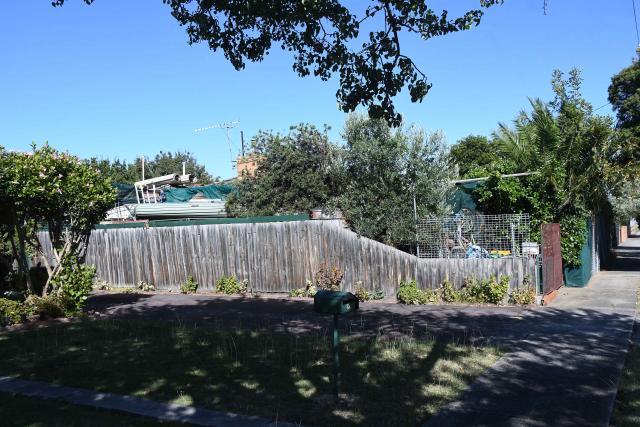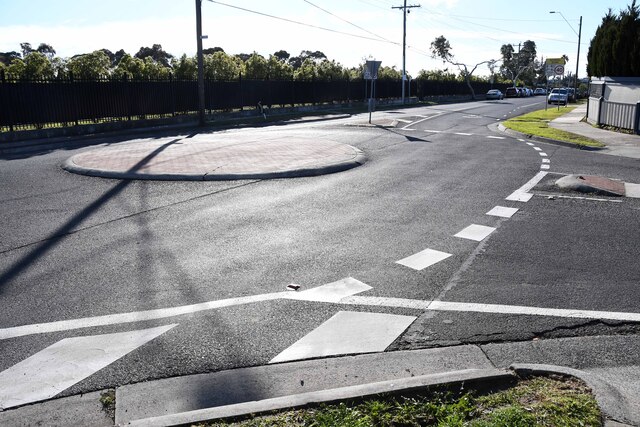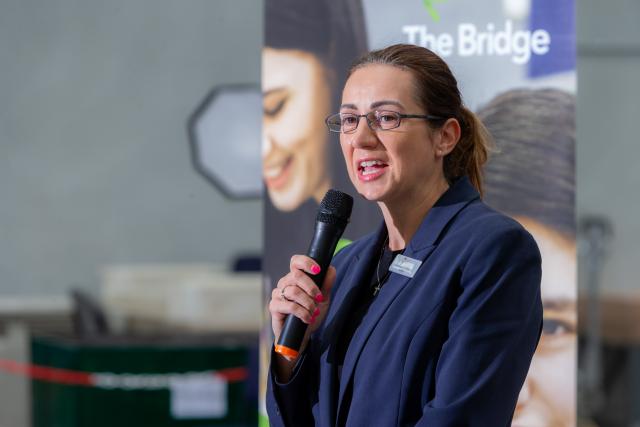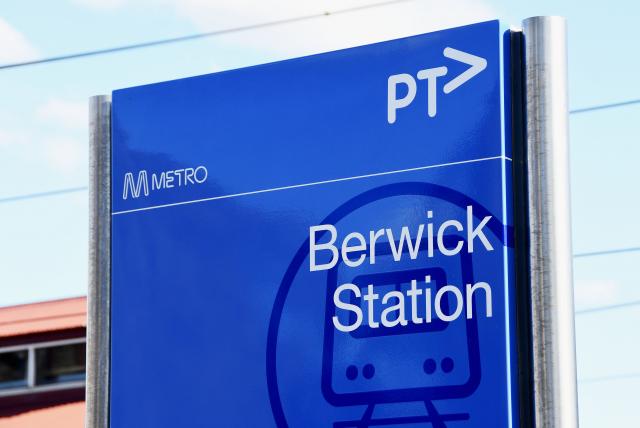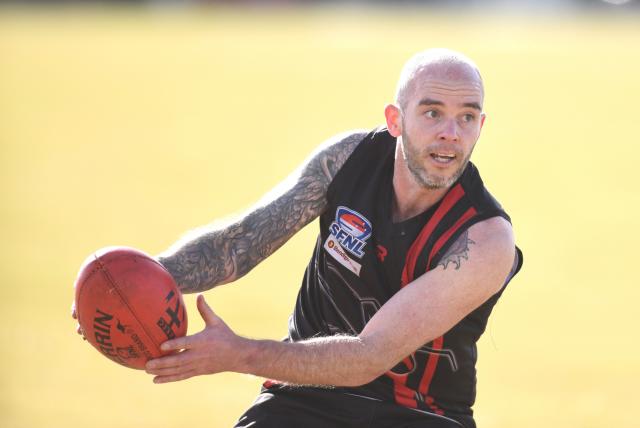By CAMERON LUCADOU-WELLS
BERNIE Sullivan, a lean, strong truckie from Darwin, normally avoids medical check-ups like the plague.
By chance, he took a pit stop at a Dandenong South servo last week
and got ‘‘invited’’ in for a medical roadworthy at a mobile health
clinic run by truckie support charity Trans-Help Foundation.
Inside the clinic minivan, chief executive and founder Dianne
Carroll talked Mr Sullivan through a service checklist with playful
labels.
It covered risk factors for strokes and heart attacks such as
‘‘exhaust’’ (smoking), “oil pressure” (blood pressure), “duco” (skin
cancer), “spark plugs” (testicles and prostate) and a driver’s “tare
weight”.
Mr Sullivan thought his blood pressure was low on his most recent
GP visit. Last week, soon after pulling over from a long drive, his
blood pressure – not helped by his smoking habit – was “through the
roof’’.
Ms Carroll asked him if he’d had any energy drinks. “Just as well you haven’t,” she said. “That could give you a heart attack.”
She also made note of a black spot on the driver’s lip, handed him the checklist and urged him to visit a GP.
It can be a hard task luring drivers in for a check-up, especially the ones most in strife.
Ms Carroll has seen one truckie – aged 32 and weighing 210
kilograms – who hesitated on seven visits to the servo before taking the
plunge. She found he was the father of a two-year-old daughter.
“Do you want to walk her down the aisle?” she asked him.
Surprisingly, some of the biggest drivers get a clean bill of
health. She described some who didn’t, such as a driver who could push
his hernia through a gap between his shirt buttonholes, and the
23-year-old who told her about a lump on his testicles, which was later
found to be cancerous.
Ms Carroll formed the foundation in 2005 after her ex-husband died in a road crash – “at the hand of the truckie industry’’.
She said she wanted to create a service trucking families could
turn to. ‘‘Long interstate trips on the road take a toll on
relationships,” she said.
The mobile units have helped more than 10,000 families with health checks, trauma counselling, a support hotline and respite.
“Drivers are under a lot of stress,” Ms Carroll said. “The
industry puts so much money into driver fatigue but there’s so much
pressure put on them by operators and being on the road. If we get to
these underlying problems, we will also help with the fatigue.”
The mobile service moves interstate this week, but returns to
Melbourne’s south-east in September. Details: transhelpfoundation.com.au
or phone 1300 787 996.

